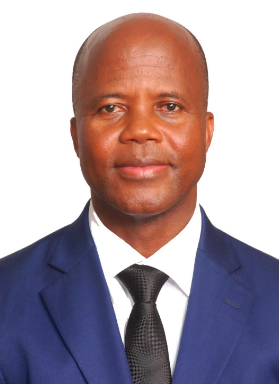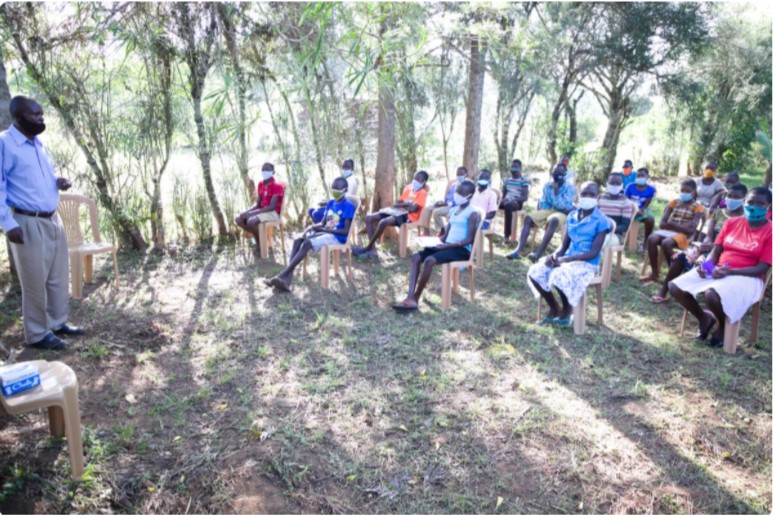By Pascal Djohossou, Director and Regional Coordinator, The Movement for Community-led Development

I grew up in a rural village in Benin, and have since worked for many years as a development professional. So, like community members across Africa, I have seen many “projects” come and go. And, like many other “local people”, I have seen how gains made by many international development projects tend to dissipate soon after a project ends.
So, when people ask me what “community-led development” is, I respond with a query of my own:
You know how, when a development project ends, gains made often revert to the previous state? Why do you think that is?
The wide ranging answers usually connect to one critical theme: the lack of involvement of local people. Local people are often not meaningfully involved in:
- Choosing the issue to be addressed
- Designing the project
- Implementing the project
- Monitoring and evaluating the progress or results
- Being tasked with/capacitated to keep it going after the international actors pull out.
With the departure of the project staff also goes the management experience and expertise they brought and what they gained during the project. Sometimes local people have been conscripted as volunteers, and actually resent the project, so are not sorry to see it end.. Other times local people didn’t have a grasp on the “what” or “why” or “how” of the project, so are not vested in sustaining results.
Community-led development, I say, represents the opposite of all that. If local people are vested in the change, involved in designing and embedding it, and are capable and empowered to keep progress made, then comes sustainability.
(Community-led development can also enable adaptation to retain gains in the face of setbacks or contextual changes or even building to progress to create future potential improvements, but we’ll save that for other essays in this series.)
Many examples of community-led initiatives can be pointed out as models for success and sustainability: the functioning of village mutual aid groups, the functioning of local night security systems, local nutritious and feasible culinary recipes, etc.
Featured Photo Credit: World Vision


